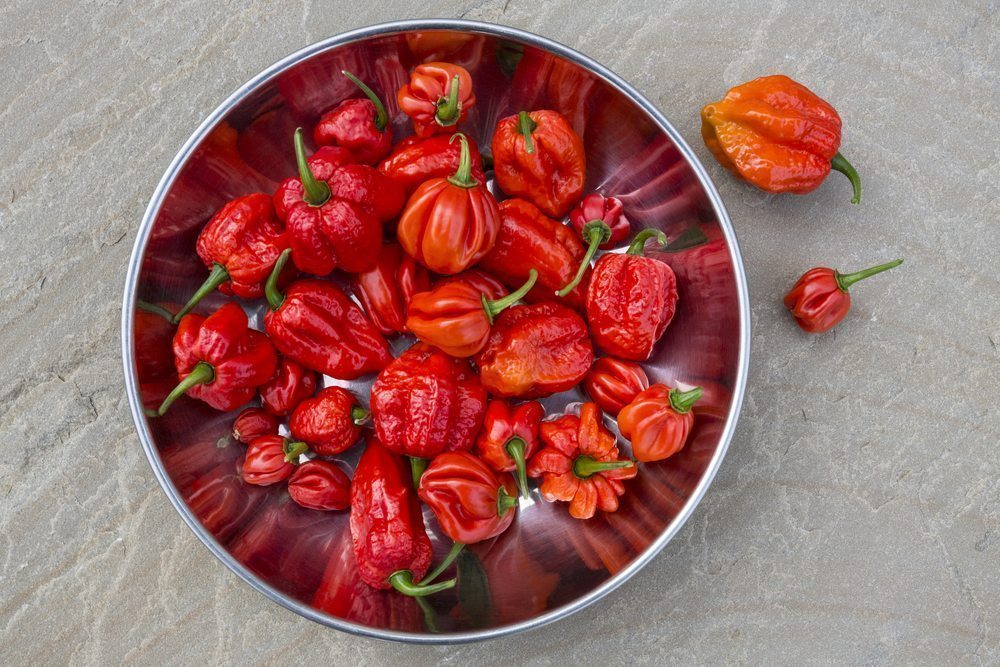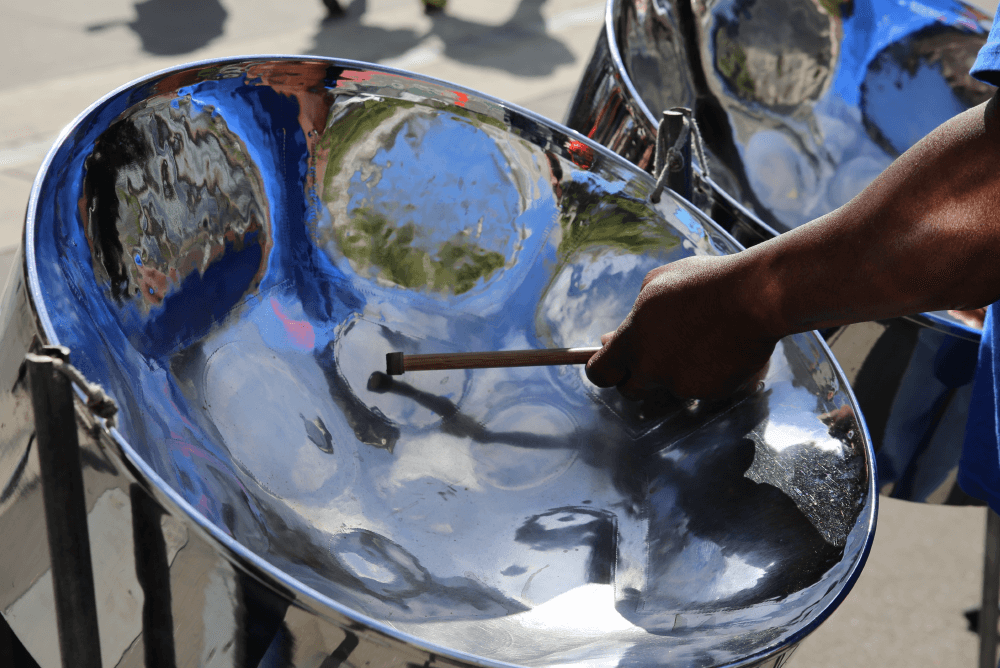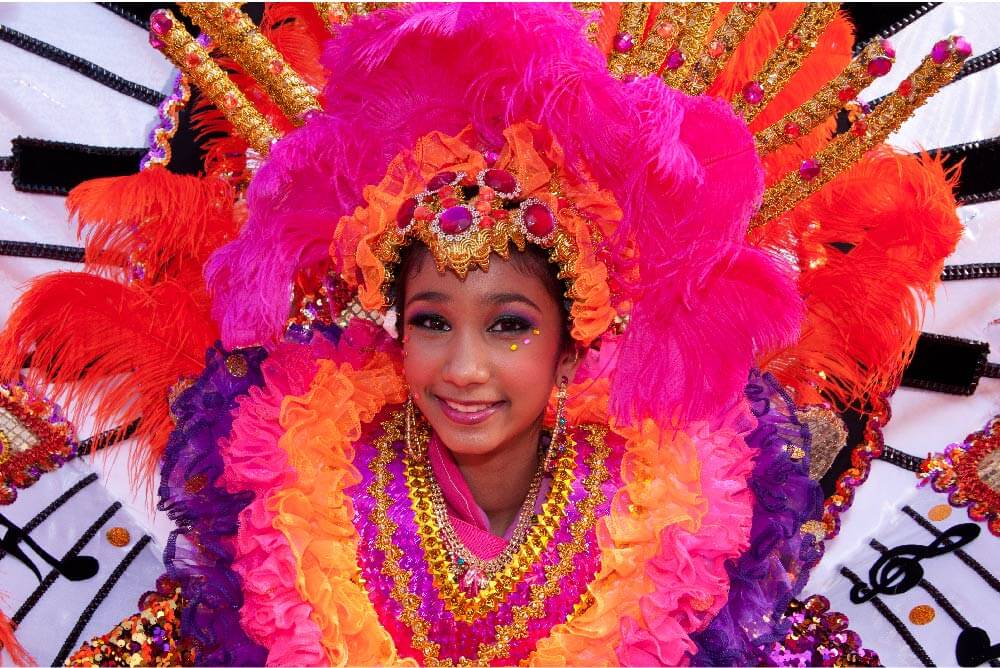1. One of the HOTTEST peppers in the world – Moruga Scorpion Pepper
Move over ghost pepper, there’s a new winner in town. The Moruga Scorpion pepper, grown right here in Trinidad and Tobago, has been recently named one of the hottest peppers in the world. This is not just island hearsay. In fact, the pepper was tested by the New Mexico State University and the result was a staggering 2 million SHU on the Scoville scale. Now that’s hot!

2. The EASIEST place to view the vibrantly coloured Scarlet Ibis birds.
The Scarlet Ibis can only be found in a few places in South America. Trinidad, however, is the easiest place to see these magnificent birds. The Caroni Swamp Bird Sanctuary is home to over 15000 of these birds as well as other species of animals. All you need do is book a tour to take in the spectacular sight of the birds returning home to nest for the evening.

3. NEWEST instrument – The pan is the only musical instrument invented in the 20th century.
The steelpan or steel drum is not only the national instrument of Trinidad and Tobago, it is also the only musical instrument invented in the 20th century. After slavery was abolished in 1834, the instrument was born out of sheer local ingenuity; developed from bamboo stamping tubes as an alternative to skin head drums which were restricted by British colonial law.

4. The Pitch Lake – Largest natural deposit of asphalt
In the southwest part of Trinidad, in an unassuming village called La Brea, the Pitch Lake can be found. It’s the largest and most significant pitch lake in the world, measuring approximately 41 hectares, and is about 75 meters deep at the center. The pitch, also referred to as ‘black gold’ is extracted and exported to countries all over the world to pave their streets. About 6 million tons of reserves is estimated to be contained in the lake, which should last approximately 400 years if extraction continues at the present rate.

5. Greatest show on earth – There’s no carnival like a Trini carnival.
Trinidad is home to the greatest show on earth. Unlike Carnival in Rio, where only members of Samba schools can participate, playing mas in Trinidad is totally all inclusive. For a few hundred dollars up to a few thousand dollars, you can decide which band you want to play with. Then for two days, be part of this show-stopping happening, where thousands converge on the streets of the nation’s cities in an array of splendid costumes, chipping behind huge music trucks blasting the season’s offerings of soca. It is at this time when the melting pot that is Trinidad and Tobago is most apparent as people of every social background and ethnicity party together in abandon.









